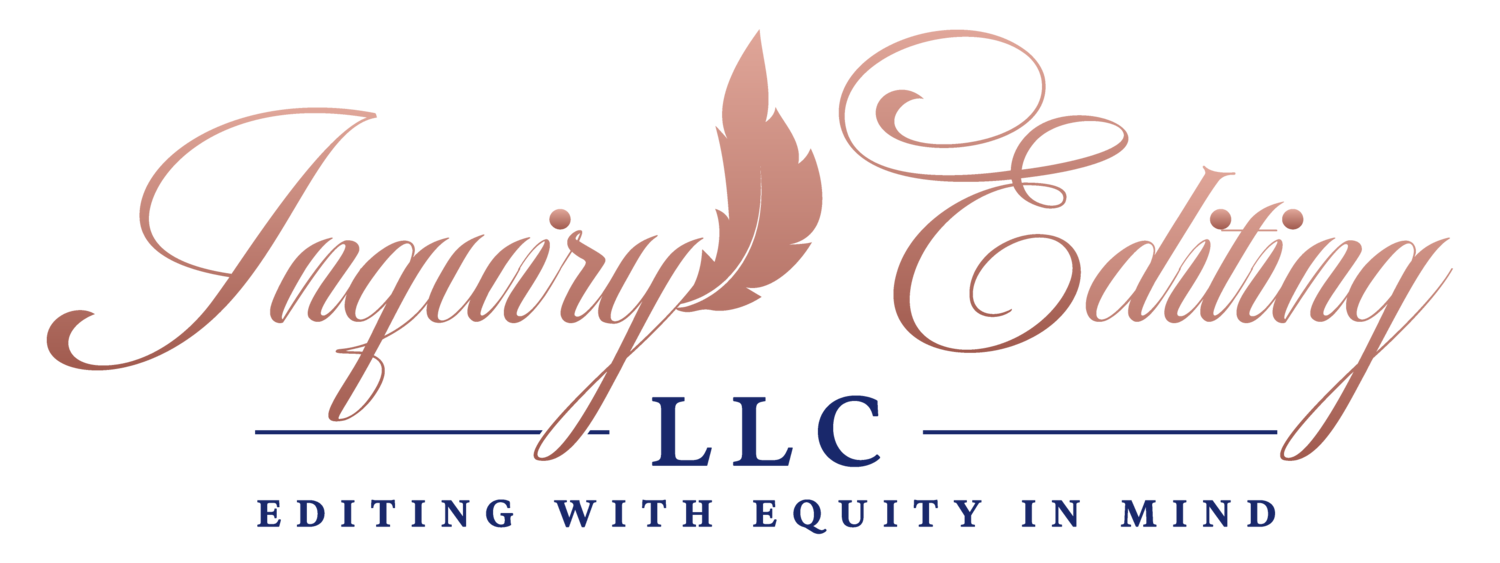Cut Yourself Some Slack
This goes out to my folks with long term projects. There comes a time when you begin asking yourself what gets cut and what stays in. Do you need an extra chapter on this or another close reading on that? Does your work require that extra case study?
Here’s a little checklist.
Does the project compromise intellectual integrity without this portion? Let’s say you cut this portion. Will your project still work well? Do you sacrifice intellectual integrity without it? If so, leave it in.
Does the project benefit from the example in some intangible way (i.e., interesting anecdote, fun facts, heartwarming/aching story)? Sometimes our analyses perform a function that is more about the emotional register of a project. For instance, there could have been another version of my second book that was more traditional and included a chapter on Victor LaValle’s Devil in Silver. It would have been a repetitive example if I had included it as a conversation in the book and it would have derailed the patient, steady emotional register of the book.
Would the text in question work well as another document (i.e., conference presentation, keynote, essay, classroom preparation, etc)? The Victor LaValle “chapter” became a lecture I used in 2019 and early 2020. It allowed me to give a presentation that was new but also dealt with the ideas in the book.
Someone recently asked me whether I think ahead to what will become these auxiliary documents. I do. There is one reason specifically why: we have long careers and not every writing project is our last. We get to plan for the ways that our writing and research can take up space off the page or other pages.
I also think of these cuts, this editing, as an act of grace. It is a gift to the future self of time and expertise. It allows you to – in the moment of a conference or a lecture or a classroom – cut yourself some slack?
How might you cut yourself some slack?
